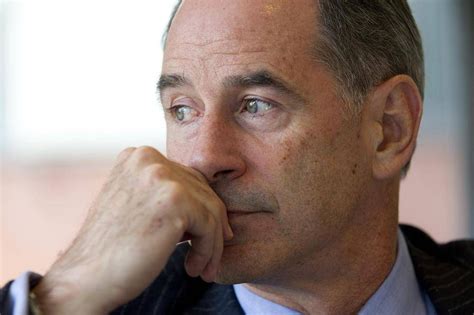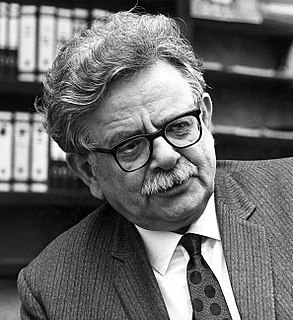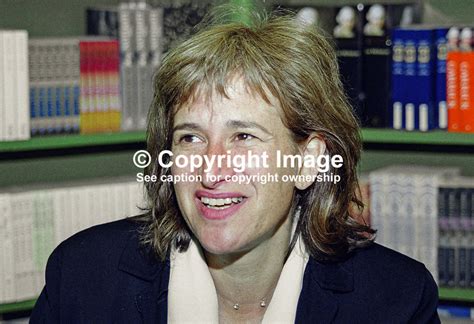A Quote by Sussanne Khan
When you see a space for the first time, you aren't just thinking about how to decorate it, you are thinking of architectural design, the logistics of electrical planning, etc. You need to understand all that, to give your client the best possible solutions.
Related Quotes
In order to have a hope of creating better answers, we need to deeply understand the logic of the opposing answers. That means thinking about how we think about both models - not just do we like one versus the other. Rather we have to ask: How do I think each model produces the results that it does? Metacognition, thinking about thinking, builds up our capacity to do that and to play with opposing ideas - and new models - in real time.
It's a beautiful book [Into the Forest], so for those who are thinking about reading it, they absolutely should. First and foremost, I just devoured it, as a story. At that time, and still, it just encompassed a lot of things that I was thinking about, and that the world is thinking about, with society's relationship to the environment, our personal relationship to it, and how disconnected we are from it, myself included.
When you have a baby you start thinking of death cuz' you see the opposite of life. I've calmed down now but for the first or two years, I kept thinking: "Oh my God, if I die what's going to happen to the child?" And you realise how vulnerable they are, but how critical your own life is because they're so dependent on you. You do feel your own mortality. I kept saying to myself: "OK, when they're 18, I'll be 'x'; so if they get married at 30, I'll be'x'will I get to see grandchildren?" So, since they've been born I've been thinking about death the whole time.
My thought process when I'm on the court is always thinking about getting better, and thinking about how I'm playing. Thinking about it as a process, as the big picture and what I need to work on, instead of being close-minded and thinking, 'I'm so nervous and have to win this match, if I don't, it'll be the worst.'
My hope is that design thinking becomes an innovative discipline and not just the trend of the decade. As a nation and globally, we have some of the biggest problems to solve we have ever faced. We need innovative ways to solve our problems and communicating the solutions will be paramount. Original thinking, complex problem solving, and collaboration are all important skills for our future.
I spend quite a bit of time thinking about my students. I look at them, at their work, I listen to what they tell me, and try to figure out who they might become in the best of all possible worlds. This is not easy. Students try to give you clues; sometimes they look at you as if imploring you to understand something about them that they don't yet have the means to articulate. How can one succeed at this? And how can one do it 20 times over for all the students in a class? It's impossible, of course. I know this, but I try anyway. It's tiring.
In the cab to the station, he told me that when he was growing up he'd see a look of pleasure cross his mother's face and ask what she was thinking: she'd say, I was just thinking of your father. "That's how I want us to be," Archie said. I smiled. "What?" I said, "I was just thinking of your father.
When I'm shaving, I'm thinking about what I need to accomplish that day. If it's game day, I'm thinking about schemes, thinking about my matchup for that game. If it's practice, I'm thinking about what film we're going to watch. Or if it's a recovery day, I'm thinking of what body parts are aching and what I want to work on.

































